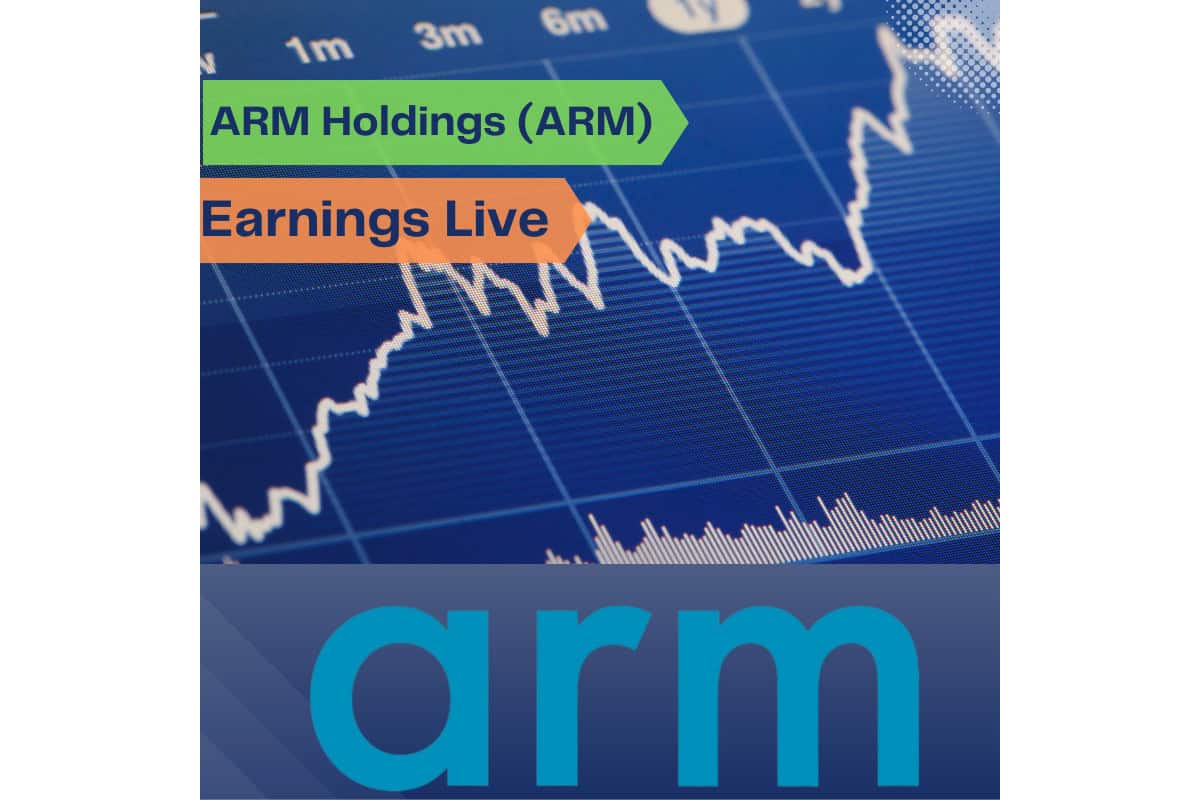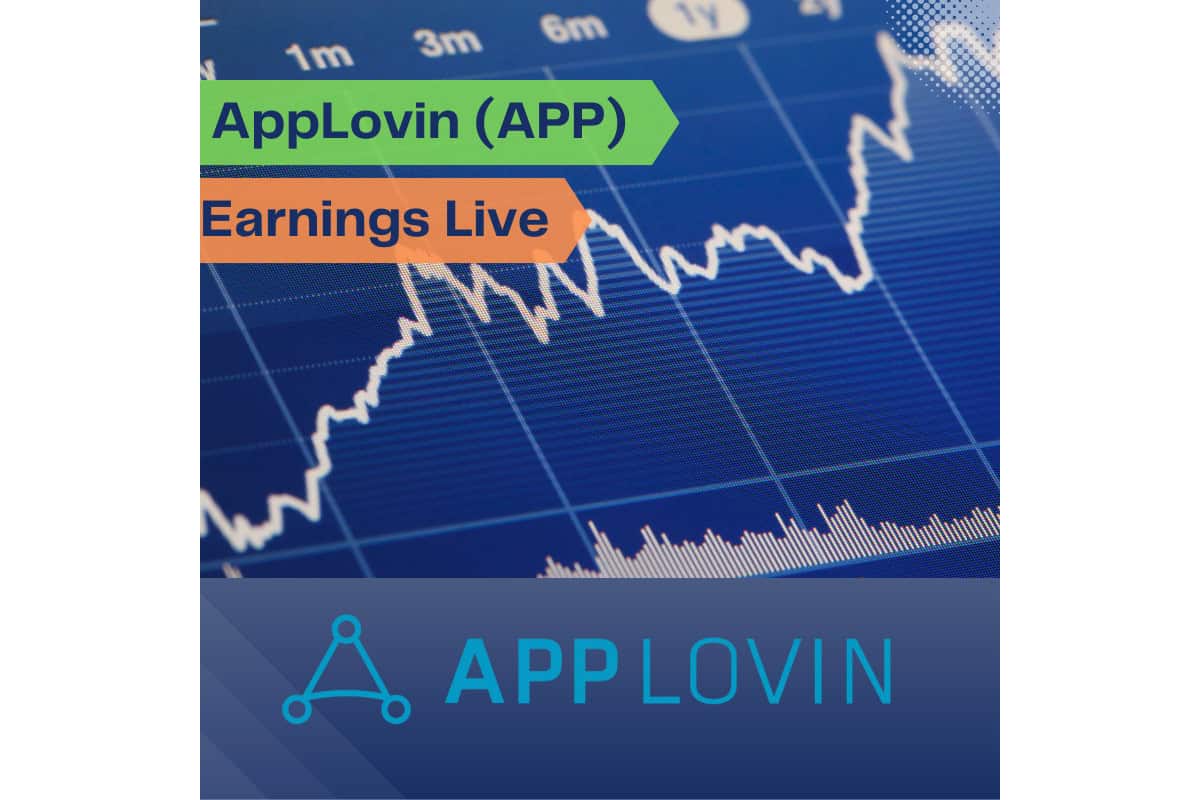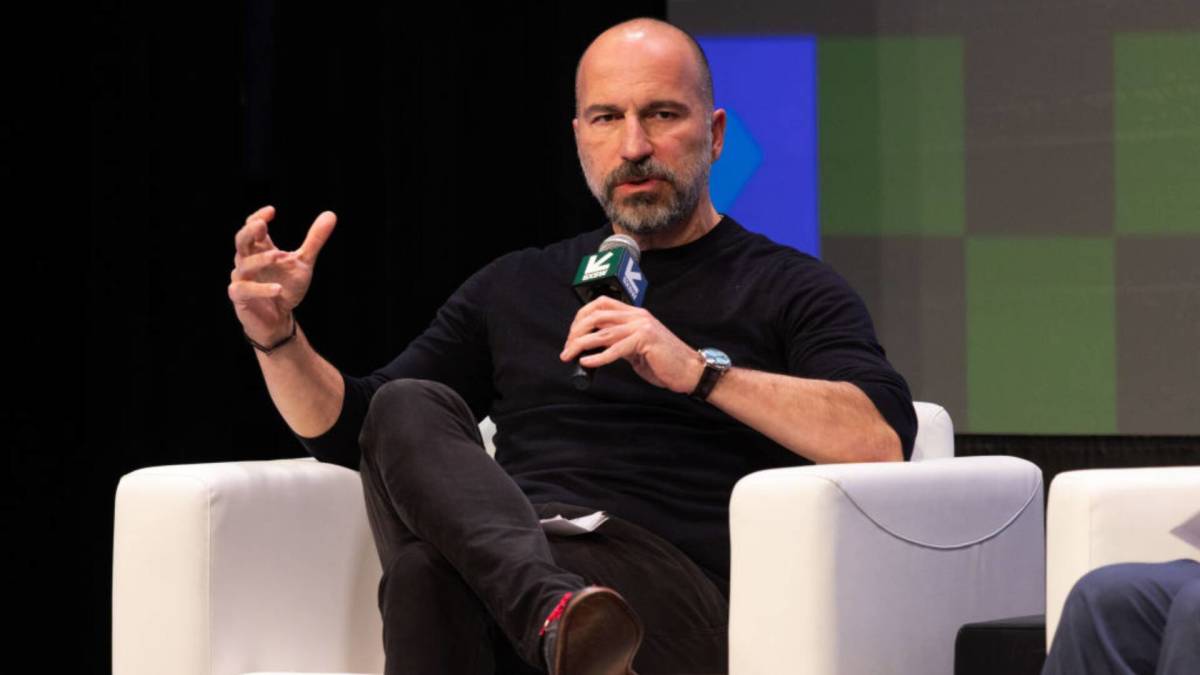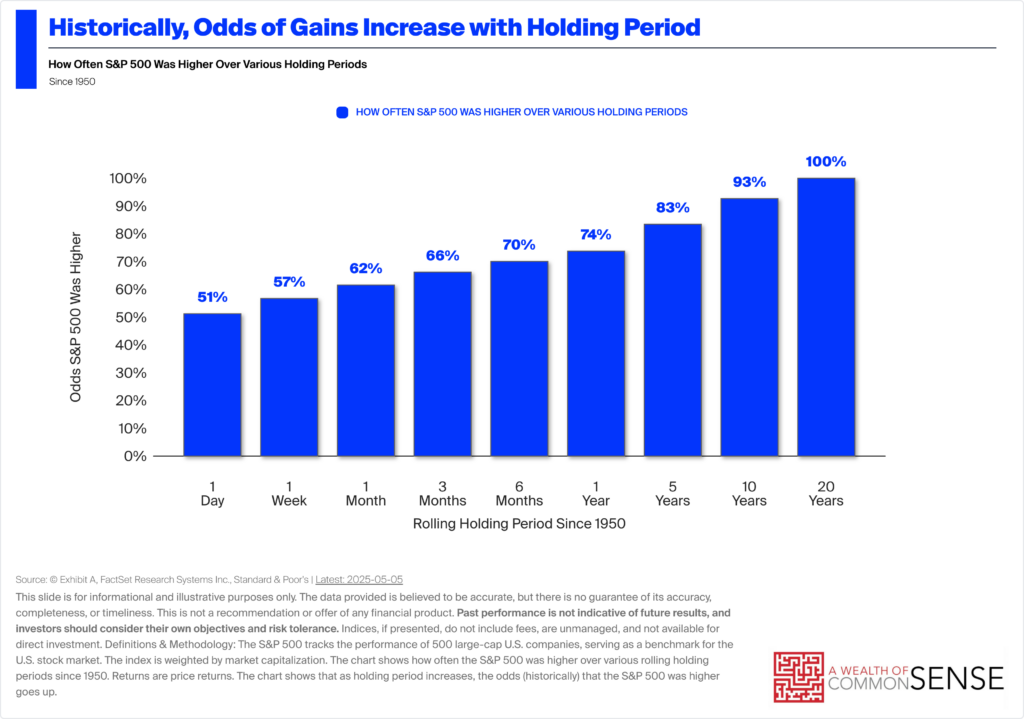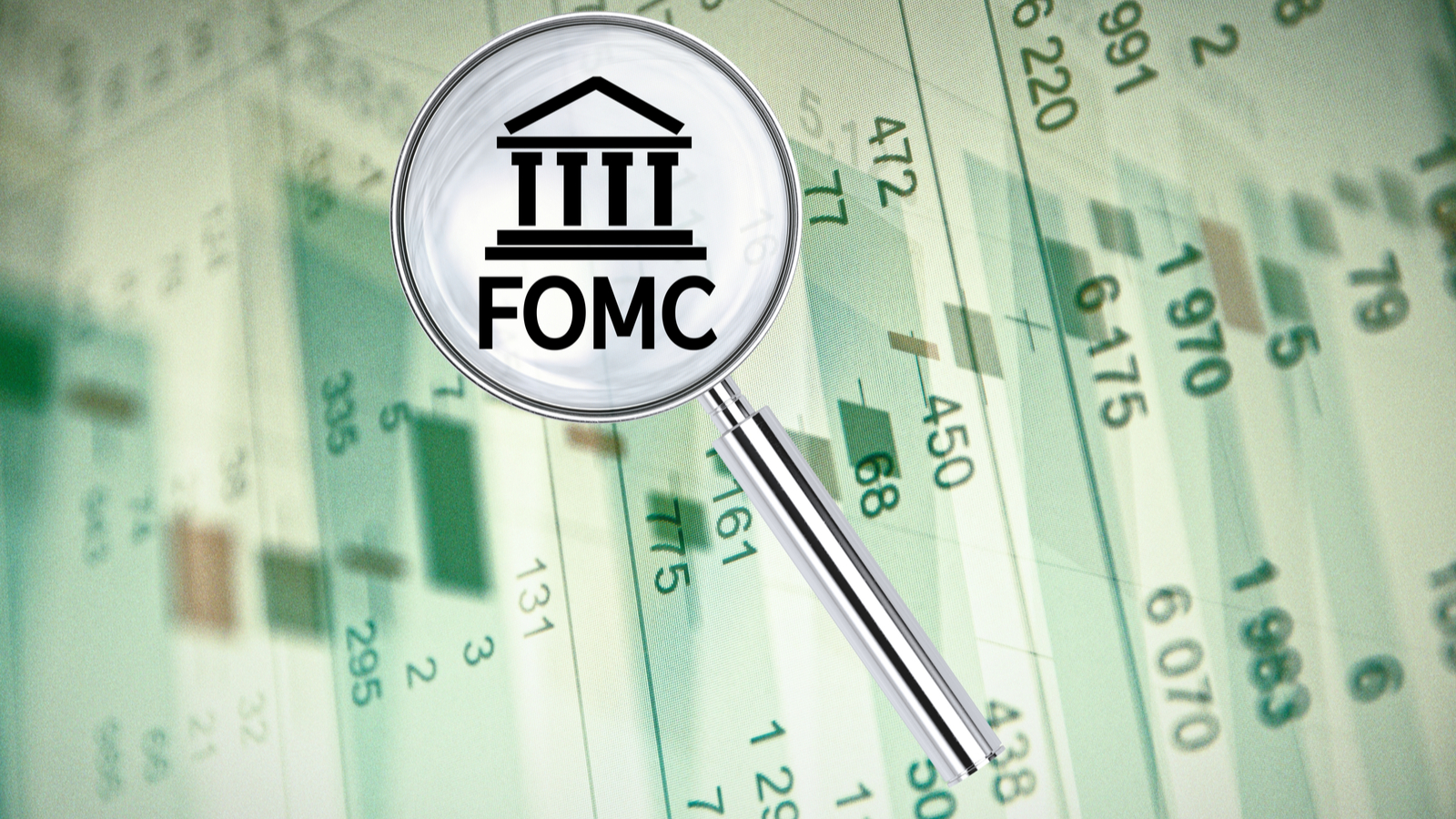What happens to my Social Security benefits if I keep paying into the system for another decade – will they go up?
There are millions of older Americans today collecting Social Security. And for many people, those benefits make it possible to cover the bills in retirement. It’s important to understand what goes into calculating your benefits so you can collect as much money as possible once you stop working. And this Reddit poster is seeking […] The post What happens to my Social Security benefits if I keep paying into the system for another decade – will they go up? appeared first on 24/7 Wall St..

Key Points
-
Your Social Security benefits are calculated based on your 35 highest-paid years of income.
-
If you continue working, it could result in larger benefits.
-
You can track your estimated benefits on SSA.gov to know what to expect from the program.
-
Are you ahead, or behind on retirement? SmartAsset’s free tool can match you with a financial advisor in minutes to help you answer that today. Each advisor has been carefully vetted, and must act in your best interests. If you’ve saved and built a substantial nest egg for you and your family; get started by clicking here.(Sponsor)
There are millions of older Americans today collecting Social Security. And for many people, those benefits make it possible to cover the bills in retirement.
It’s important to understand what goes into calculating your benefits so you can collect as much money as possible once you stop working. And this Reddit poster is seeking clarification on how Social Security works.
They’ve recently logged into SSA.gov for the first time and have noted that they have 20 years of contributions to the program on record. But they’re wondering what another 10 years of work will do for their monthly benefits.
The answer is, it could do a lot. And it pays for the poster – and everyone, really – to understand how Social Security works in that regard.
How Social Security benefits are calculated
Social Security calculates your retirement benefits based on your 35 highest-paid years of earnings. During those years, you’re paying into the system on your wages, up to a certain point. Higher earners may not pay Social Security tax on every dollar they earn because there’s an income cap put in place each year.
If you have a 20-year work history so far, it means your Social Security benefits have the potential to increase between now and retirement. So let’s say you decide to create a Social Security account and get an estimate of your monthly benefits. You might see, for example, that you’re eligible for $2,500 a month at full retirement age (FRA).
But if you’re only 45 and could conceivably work another 15 years, and at higher pay, until you’re ready to claim Social Security, then there’s a good chance that between now and then, your monthly benefits are going to increase.
Of course, it’s not a given that you’ll actually work a full 35 years. If not, Social Security will still use that same formula but factor in zero earnings for years you’re missing an income.
You should also know that Social Security does index earlier wages for inflation. A $50,000 salary you earned 20 years ago isn’t the equivalent to earning $50,000 today, and Social Security accounts for that when determining what monthly benefits you’re able to get.
Keep tabs on your earnings and benefits
You may end up relying on Social Security to help cover your retirement expenses, so it’s important to know what to expect from your monthly benefits. The closer you get to retirement age, the more accurate your benefit estimates on SSA.gov are going to be. So it pays to keep checking back year after year for an update.
That’s not the only reason it pays to do an annual check-in, though. If Social Security ends up with missing wage data on your record, it could result in smaller benefits in retirement. So it’s a good idea to check your account every year and make sure your most recent earnings statement is accurate.
It’s also smart to talk to a financial advisor about how Social Security might fit into your retirement income picture. That’s a conversation worth having ahead of retirement so you can establish a savings goal.
Then, when you get closer to retirement and have a more accurate sense of what Social Security will pay you each month, you can sit down with a financial advisor again to figure out what expenses you can afford based on your benefits, your savings, and any other income source you have access to in retirement.
A financial advisor can also help you come up with a strategic plan for claiming Social Security.
Remember, although your monthly benefits are calculated based on your wage history, your filing age also plays a role in the amount of money you get each month. If you sign up at FRA (which is 67 for anyone born in or after 1960), you get your complete monthly benefit without a reduction. Filing early, which you can do starting at 62, reduces your monthly checks permanently.
There’s also an option to delay your Social Security claim up to age 70 for boosted checks. A financial advisor can help you figure out if that’s a move that makes sense given your total income picture and retirement needs and goals.
The post What happens to my Social Security benefits if I keep paying into the system for another decade – will they go up? appeared first on 24/7 Wall St..

































